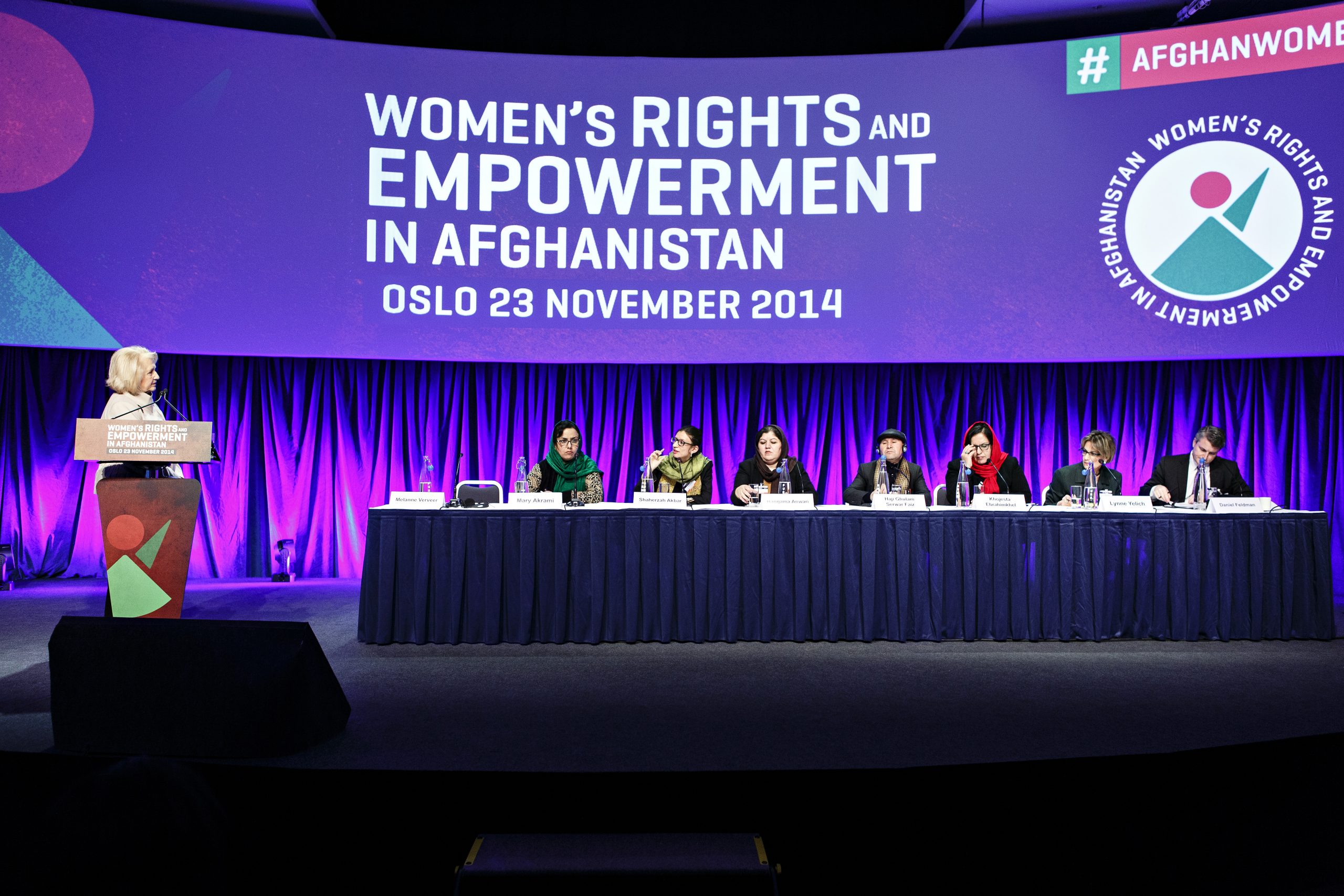
Mary Akrami: women rights defender from Afghanistan
Mary Akrami champions the protection and rights of Afghan women through shelters and advocacy, highlighting the urgent need for defender safety mechanisms amidst personal risks.
In 2002, AWSDC established the first shelter for women at risk in Afghanistan. Mary was prompted to start this shelter because she was shocked seeing women sleeping in the street at night. She was fearful for their well-being. Her resolve to act was heightened when we read a news story of a woman who had been arrested, and upon her release, was rejected by her family. Since then, there have been more than 25 shelters established across the country.
‘My organisation and I opened the door for others to establish safe-houses’.
In order to establish safe houses and a referral system, Mary has worked with both the police and the Ministry of Women’s Affairs. Although the government of Afghanistan has been known to shift back and forth in its support of the safe houses, Mary acknowledges that involving the government has been the best approach to her work and has been a means to hold government to account.
‘It is my responsibility as a human, as a woman, to do this work’.
In 2008, Mary was arrested because of her work running a women’s shelter. Although she was released from jail only four hours later, the arrest had great personal consequences. At the time, Mary was engaged to be married, but because of her future in-laws outrage over her arrest, the engagement was cancelled. While running a women’s shelter has greatly affected her personal life, Mary is still proud of the work that she is doing. At the moment, more than 2,000 women across Afghanistan are benefiting directly from the safe houses.
‘We are the first organisation to offer protection, but we receive no protection ourselves’.
Mary has stressed the need for a mechanism that guarantees the protection of women human rights defenders in Afghanistan. Mary’s life has been threatened as a result of her work, and without a protection mechanism to rely on, she was forced to use her personal connections in civil society, government and the police force in order to ensure her safety. She recognises that this, however, is not the case for all defenders, and those without these crucial personal connections are in even more danger.
Mary emphasized the need for core funding for women’s organisations in Afghanistan. The safe houses currently receive enough funding to keep them running, but the same cannot be said for the organisations that set up the safe houses or carry out advocacy to address the underlying causes of the need for safe houses. The lack of funding also means that these organisations cannot afford the security equipment that is required to ensure the safety of women defenders while they are doing their work.
In August 2009, the Government of Afghanistan the Law of Elimination of Violence Against Women (EVAW law). Although the EVAW law was a positive step towards the realisation of gender equality and the protection of women’s rights in Afghanistan, the law is currently under threat. Mary has expressed her concern over the lack of implementation of the law.
‘It is so important for women to be at the heart of political debate and participation, their role is crucial in political decision-making including in the peace negotiation processes’.
